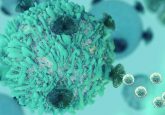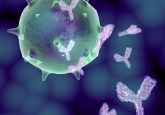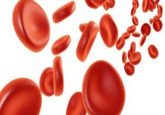Combination radiotherapy and immunotherapy continues to show promise in melanoma
James S Welsh and colleagues from Loyola University Chicago Stritch School of Medicine (IL, USA) have highlighted the apparent synergy between radiation therapy and immunotherapy. Recently published in the Journal of Radiation Oncology, the review by Welsh and the team summarized the combinatory effects of radiation and immunotherapy when used in the context of melanoma.
One-year survival rates for metastatic melanoma, one of the most aggressive forms of skin cancer, vary from 33–62% percent. According to statistics from the American Cancer Society, 76,000 people in the United States will be diagnosed with melanoma in 2016, with 10,000 of those patients not expected to survive.
Melanoma can spontaneously enter remission in some rare cases. This is more commonly seen, however, as partial spontaneous lesion regression. Though the exact reasons for these effects remain unknown, evidence suggests that it is a result of an immune response attacking the melanoma cells.
This role of the immune system in treating melanoma is supported by the observation of the abscopal effect; an effect whereby localized treatment such as radiation consequentially stimulates the immune system to further attack cancer cells in the body.
Welsh observed this phenomenon when treating a patient with melanoma that had spread to the liver and bones. The radiation therapy was implemented to shrink a tumor in the patient’s femur, though a CT scan carried out 3 months posttreatment found no trace of cancer cells anywhere.
Currently, the new generation of immunotherapies, including checkpoint inhibitors, are being tested with promising results, as these drugs prevent the innate inhibition of the immune system by cancer cells. Further encouraging results are currently being observed as radiation becomes increasingly used alongside these checkpoint inhibitors and other immune therapies.
It is still important, nevertheless, to study proteins and biomarkers that can predict patient response to immunotherapy, as despite recent successes in this field, not all melanoma patients have the ability to mount effective immune responses. These markers in turn could aid in the quantification of the efficacy of therapies in future.
Source: Loyola University Health System press release via EurekaAlert!




